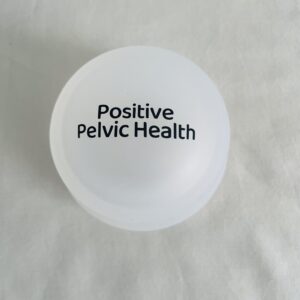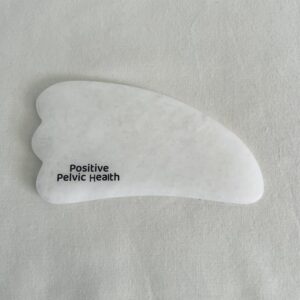Menopause is often portrayed as an ending; the final chapter in a woman’s reproductive life. But in truth, it’s a powerful transition. Like any transformation, it comes with changes. Some welcome, others less so. One of the most common, but often overlooked experiences is Genitourinary Syndrome of Menopause (GSM). While GSM presents challenges for some women, with the right knowledge, support, and care, it can be managed effectively and with confidence.
What Is Genitourinary Syndrome of Menopause (GSM)?
GSM is a modern term that describes the collective changes to the genital and urinary systems, due to the decline in estrogen and progesterone that accompanies menopause. These changes can affect the vulva, vagina, urethra, and bladder, and the symptoms can impact everything from intimacy to everyday comfort.Common symptoms include:
- Vaginal dryness, itching, or burning
- Pain during intercourse (vaginismus and dyspareunia)
- Increased urinary frequency or urgency
- Urinary tract infections (UTIs)
- Reduced vaginal elasticity or tightness.
These aren’t just “mild discomforts” to brush off, as they can deeply affect a woman’s quality of life. And yet, so many women suffer in silence, believing this is just something to “get through.” It isn’t. Help is available.
How pelvic physio can support women with GSM:
Pelvic floor dysfunction and rehabilitation:
Hormonal changes during menopause can significantly impact the pelvic floor muscles, contributing to symptoms such as urinary incontinence, vaginal wall prolapse, and sexual dysfunction. A pelvic health physiotherapist can assess for muscle weakness, overactivity, or imbalance and develop individualised treatment plans. Interventions may include physiotherapy-guided pelvic floor muscle training, manual therapy, biofeedback, and structured relaxation techniques. These strategies are designed to restore muscular strength, coordination, and neuromuscular control, which supports continence, vaginal wall integrity, and overall pelvic health.
Sexual health and psychosexual rehabilitation:
Sexual function remains a key component of overall health and well-being at all stages of life. In the context of GSM, management may include vaginal lubricants, moisturisers, low-dose vaginal estrogen therapy, and psychosexual counselling. Painful intercourse (dyspareunia) may result not only from vaginal dryness but also from pelvic floor muscle dysfunction, including increased muscular tension. Addressing these issues through manual therapy, guided relaxation techniques, and pelvic floor muscle rehabilitation can significantly improve comfort and sexual function.
The use of tools such as vaginal dilators or pelvic wands can aid in maintaining vaginal tissue flexibility and pelvic floor muscle relaxation, which reduces pain and discomfort that can be associated with penetration. By integrating these modalities with clear, evidence-based guidance, women are empowered to take an active role in their care, make informed treatment decisions, and better advocate for their pelvic and sexual health.
A stigma-free approach to conditions like dyspareunia and hypoactive sexual desire disorder (HSDD) is also essential in restoring intimacy and enhancing quality of life.
Improving blood flow and tissue health:
With the decline of estrogen and progesterone during menopause, vaginal tissues often become thinner, less elastic, and more prone to dryness and fragility. Targeted therapeutic strategies, such as gentle movement, breathwork, and internal manual techniques can help stimulate local blood flow and support tissue health. In addition to these physiotherapy-based approaches, women benefit from tailored education on the use of non-hormonal vaginal moisturisers and lubricants, as well as the potential role of local or systemic hormone therapy in restoring tissue integrity.
Integrated Medical Care:
Optimal management of GSM often requires a coordinated, multidisciplinary approach involving primary care providers, gynaecologists, pelvic health physiotherapists, urologists, and hormone therapy specialists. Collaborative care ensures that treatment is evidence-based, individualised, and delivered with respect for each woman’s values and preferences. A female-centred model should prioritise symptom relief, functional improvement, and overall quality of life.
Genitourinary syndrome of menopause is not just a medical issue that needs to be managed. It often highlights physical, emotional and deeply personal aspects of a woman’s life. Holistic pelvic health physiotherapy is a vital part of a rehabilitation toolkit, helping turn GSM into an opportunity for women to address not only their symptoms, but to also reconnect with their bodies.
Jennifer runs an in-home clinic in Maungaraki, Lower Hutt. She helps women from the Wellington region, including Porirua, Upper Hutt, the Kāpiti Coast and the Wairarapa, with their pelvic health physiotherapy needs, at all stages of life.



